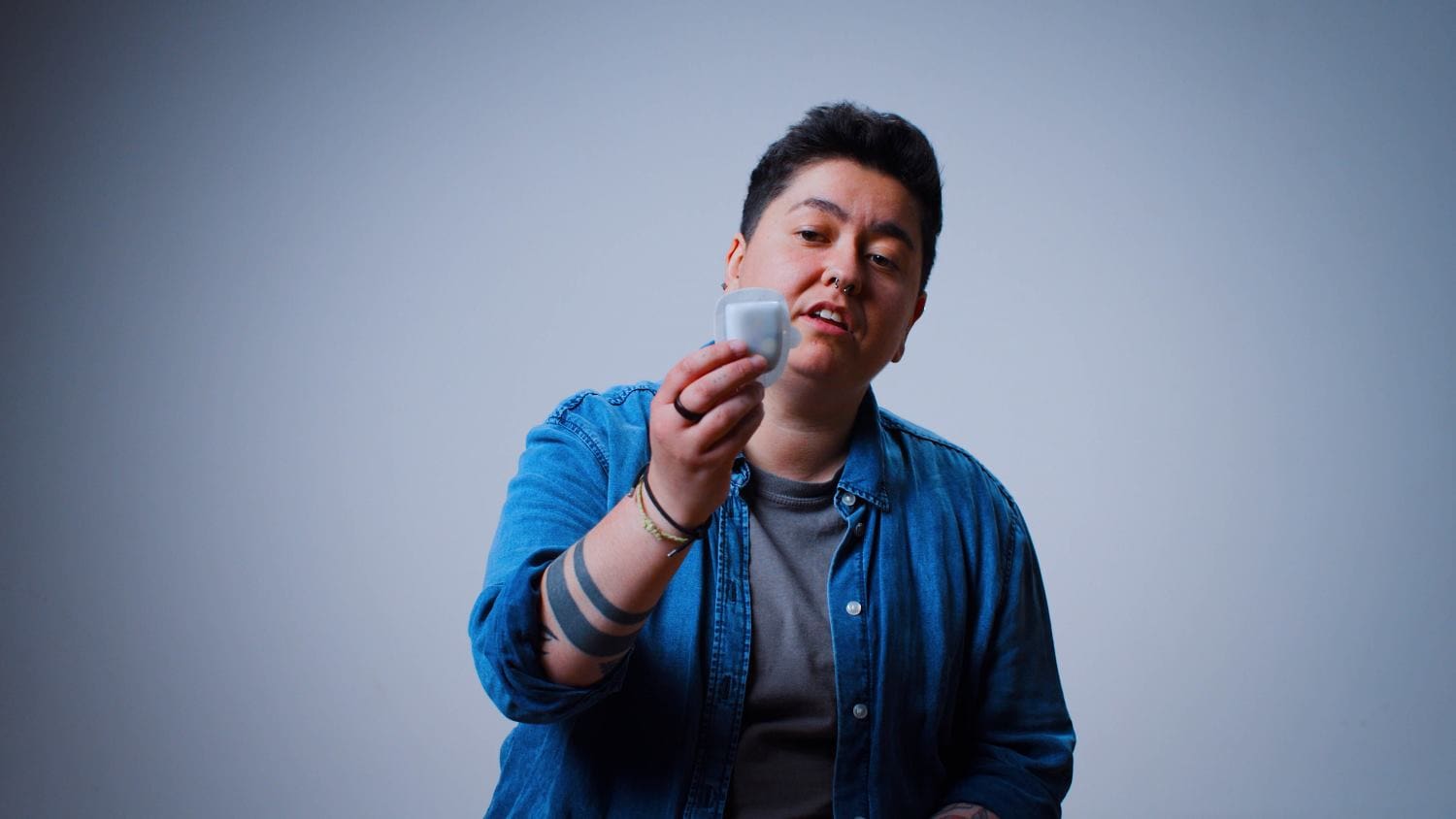Lab Lives: Beyond the Benchtop is our new series exploring the world of automation through the lens of the ex-scientists who now work here at Automata.
Episode two features Alice Tome-Fernandez, a multi-omics specialist with decades of experience working for companies such as Illumina, TwistDx and Cambridge Epigenetix.
We hear about the personal impact of scientific discovery on Alice, why she pursued a career in molecular diagnostics, and why she made the move away from the lab and into helping other specialists unlock the power of automation.
Transcript
Medical biology is something that’s super personal to me because I was diagnosed with type 1 diabetes.
When I was first diagnosed, I was having to finger prick, get blood, and put it on a testing strip anywhere between 8 to 12 times a day on a good day. Then I would have had to make a decision; too high, I would need to take some insulin, if too low I’d have to eat. And I would’ve done that by injecting myself, there was no one else to do it. It wasn’t pleasant, and I would have to do that 4, 5 times a day.
When I was younger, my dad was in hospital quite a lot. It meant that I was spending a lot of time around doctors, hearing a lot of medical talk and [understanding that] what they were doing was purely for other people. I really respected that, and they were using science to do it – which I thought was pretty cool back then. I still do!
When I was in school, science was something that I always found quite interesting. There was a really good teacher called Denise Plant and she wouldn’t get annoyed at me when I wanted to stay behind and ask her questions about the lessons! And she also believed in me. She made me feel like I could literally do anything I wanted. I’m the first in my family to go to university or do anything vaguely academic, so having someone who’d been through that system, who believed I could do it, was really important to me.
Straight out of university, I got a job in science manufacturing and then from there, I had a string of discovery jobs working in molecular diagnostics.
I first encountered laboratory automation in a role in which I was running a molecular diagnostic assay. [The lab] were starting to transition it into an automated assay, so this meant that I was able to directly see the impact of taking something that was super manual and making it automated. It meant that so much more was being done in a shorter amount of time and we were getting results quicker.
Despite all that, I felt like automation could be done better. It sometimes felt like I was a robot babysitter.
When I found out about Automata and integrated automation, that made sense. It felt like some of the ideas I’d had about automation before were actually possible.
A lot of science is actually a result of creative thinking and that’s something humans are really good at. The less we have to focus on the routine stuff, the manual stuff, the more we can be creative, bounce ideas off each other, and have as many perspectives as possible – and this leads to quicker discovery.
A great example of this is the insulin pump.
The first insulin pump was massive! It was portable, but it was like carrying a hiking backpack. Nowadays, we have tubeless pumps, and they’re tiny and… can be worn on the skin.

All of the insulin you need for three days is in there and it’s all battery powered, so now when I get up in the mornings, I don’t need to finger prick. All I need to do is look at my phone and it will tell me exactly what my blood sugar is doing.
This is a bit of technology a lot of people probably don’t even know about, but it’s making such a big difference to my life. It also means that I’m able to do more with my life as well; I’m able to be a scientist who contributes more to society.
It’s a result of lots of very clever people pushing innovation forward simply because people like me were struggling to keep up with managing their disease.
